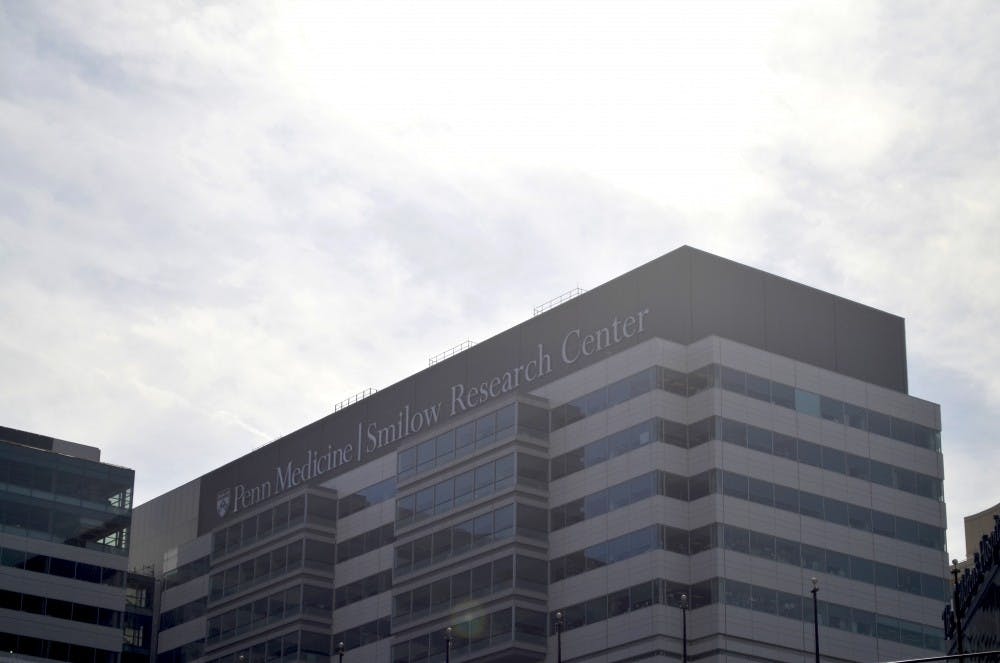
After receiving recent approval from the National Institutes of Health, researchers at the Perelman School of Medicine will move forward with the first-ever human trials using CRISPR gene therapy technologies.
CRISPR are segments of prokaryotic DNA containing short repetitions of base sequences. With the ability to easily change DNA, scientists could theoretically slow the aging process and lengthen lives, bring back extinct species and feed the world by changing genes in farm crops so they can grow in different places, according to CNN.
The revolutionary CRISPR gene therapy technology was initially discovered in bacterium by a group of Japanese scientists and quickly took the gene therapy stage by storm. Although numerous other technologies relating to gene therapy have been developed and are currently undergoing investigation, CRISPR revolutionized genetics by becoming the first of its kind of “genome editor” with innate specificity due to a guide-RNA.
Despite its potential, not all gene therapies have progressed, due to some controversy. Since the case of Jesse Gelsinger, who suffered from an X-linked genetic disease of the liver and died as a result of misuse of gene therapy techniques at Penn in 1999, gene techniques such as CRISPR are met with apprehension.
Deaths and other maladies around the United States that are related to gene therapies have also produced numerous skeptics regarding the efficacy of the technique.
According to Dr. Tobias Raabe, the adjunct associate professor and principal investigator of the Penn Gene Targeting Core and Laboratory, gene therapy technologies could be the future of genetics despite the ongoing debate surrounding them.
“I have no doubt that gene therapy will become extremely important in the future,” Raabe said. “Even though I am fully aware of the danger of potential off-target effects in gene therapy, very promising novel technologies, including exciting CRISPR-based methods, are currently being developed in academia and in industry to make gene therapy safer.”
According to TIME, CRISPR is considered one of the greatest recent breakthroughs in science.
If the study is approved by the organization that will conduct it, Penn scientists involved in the trial will test the mechanisms behind CRISPR by removing immune cells from 18 select patients afflicted with melanoma, sarcoma and myeloma.
After genome editing, these immune cells will then be injected back into patients. Phase 1 of the CRISPR genome-editing project will focus on the safety of the procedure as well as its efficacy in treating certain cancers.
The trial will be funded by a cancer organization founded by former Facebook president Sean Parker. According to the medical news site STAT, phase one will take place at MD Anderson Cancer Center and the University of California, San Francisco, in collaboration with the Perelman School of Medicine.
The Daily Pennsylvanian is an independent, student-run newspaper. Please consider making a donation to support the coverage that shapes the University. Your generosity ensures a future of strong journalism at Penn.
DonatePlease note All comments are eligible for publication in The Daily Pennsylvanian.








